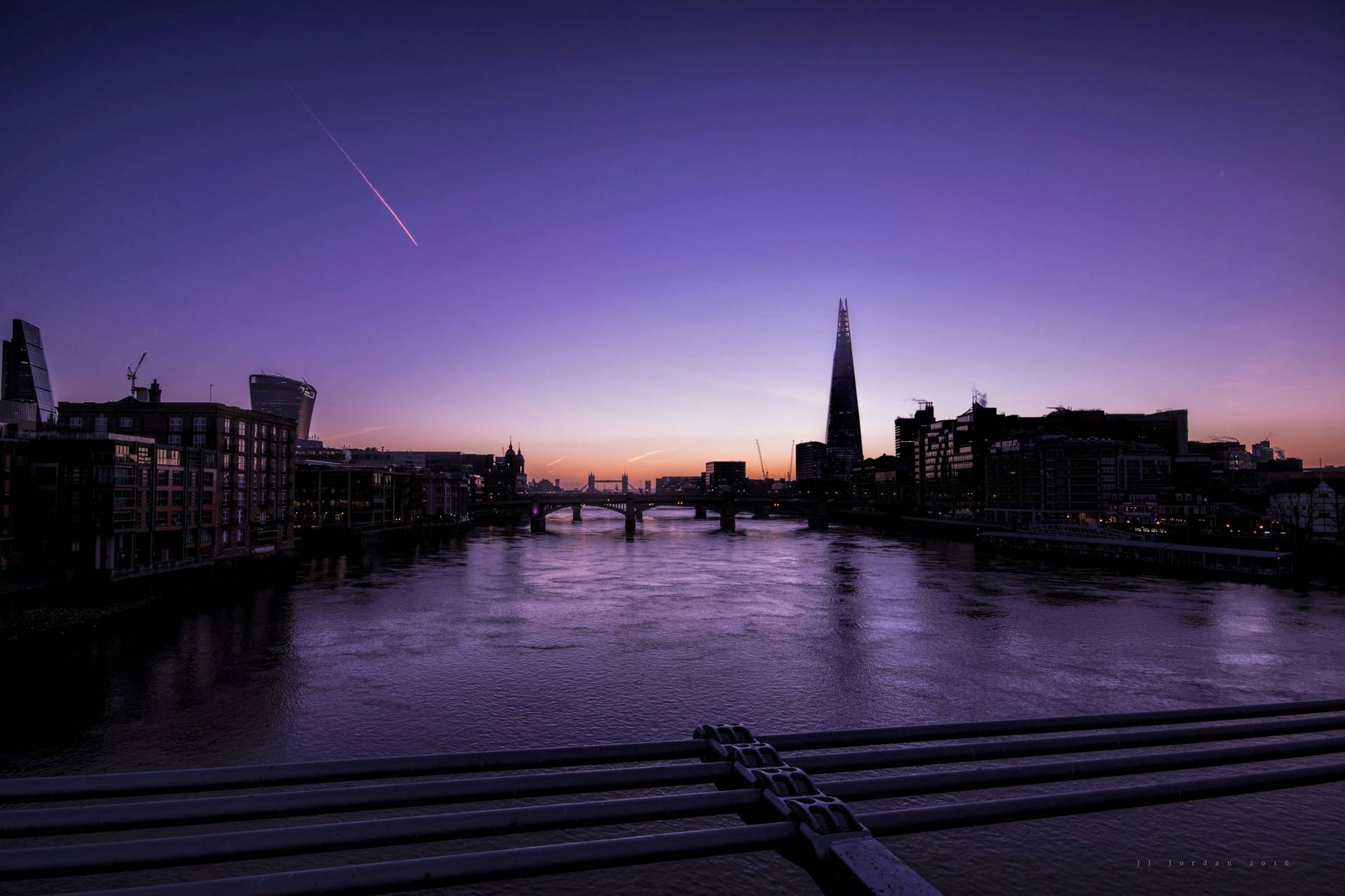
Anicca: Our Collective Way of Life Won’t Exist Soon
While day-to-day life might disguise itself behind a mask of repetitive cyclicity, the Buddhist concept of anicca is coming for us all...

I live in London, a city saturated in history. Every time I turn a corner I’m confronted with a plaque, a statue, a cathedral; but such markers of the past mostly just form the background to my present.
I do not always hear the billions of footsteps that have preceded mine, because historical events can sometimes seem like they took place on an entirely different planet.
Roman times, Medieval times, even Victorian times — all are historically-bounded realms that we can read about, cheerfully imagine ourselves in, and generally escape to.
Like tourists, we can safely holiday in them, and treat their major players, thinkers, and events like theme park rides.
But, of course, it all actually happened, in the real world. People living in Victorian times walked upon the same patch of land as I do today. So did people in Medieval times. And so did people in Roman times.
They were actually here, in the streets and in the fields.
And as they went about their days, many of them probably felt like their way of life was modern. After all, they had their own ancients to escape to. They probably didn’t imagine their entire contemporary worldview, their entire civilization and culture, would one day be reduced to a paragraph in a history book.
We don’t imagine that fate for ourselves, either — though our collective way of life today is just as impermanent as the ways of life that came before it, and will soon morph into something new.
Civilization’s rate of change is generally too slow to consciously register, and it is only when we think in decades that the differences reveal themselves: the changes in law, technology, language, values, professions…
For, while we may acknowledge impermanence on an intellectual level — nodding in sage moments of reflection that “nothing lasts” — we do not typically live with this truth at the forefront of our minds.
And, according to Buddhist philosophy — founded over 2,500 years ago, in a time now passed — this is actually the source of much of our suffering.
The existential condition of everything in our lives is transitory, yet we form attachments to things as if they’ll last forever.
We want things to be a certain way, and then suffer distress when they change, forgetting that change marks the very nature of existence.
If things in the world were permanent, then viewing those things through the lens of attachment — desiring this and not liking that — might be appropriate; but in a reality where existence is marked by change, all we do through blindly forming attachments is set ourselves up for suffering.
We must work on not just acknowledging but internalizing this truth of reality, argues the Buddha: nothing lasts (captured by the Pali word, anicca, literally: there is no permanence).
Time is ever marching on.
While we ought to appreciate what we have, we should not expect it to last forever: we must love — and let go — with our eyes wide open.
The way we live our lives today will not be the way we live our lives tomorrow. Ultimately, our hurried footsteps will join the echoes of the billions preceding them, unheard by future generations, who will live in a different world.
We could feel slightly wistful about this, or we could just recognize it for the fact that it is.
We wouldn’t expect a flower to live forever — and in fact, as the Japanese idiom mono no aware suggests, its beauty in full-bloom is only magnified by its artful impermanence.
As the Buddha fittingly advises, in what are reported to be his last ever words:
Everything is impermanent. Strive on with awareness.
What do you make of this analysis?
- Has your approach to life changed over the decades?
- What do you think future historians will say when summarizing our collective way of life today?
- And, finally, what do you make of the Buddha’s answer to impermanence (i.e. facing up to and embracing it)?
Learn more about Buddhist philosophy and impermanence
If you’re interested in learning more about impermanence and Buddhist philosophy, you might enjoy the following related reads:
- Anātman, the Buddhist Doctrine of No-Self: Why ‘You’ Do Not Really Exist
- Mono No Aware: Beauty and Impermanence in Japanese Philosophy
- The Buddha’s Four Noble Truths: the Cure for Suffering
- Jorge Luis Borges: When We Die, What Dies With Us?
- The Last Time Meditation: a Stoic Tool for Living in the Present
- Finding Rapture in the Humdrum: Cultivating Wonder for Everyday Life
- Seneca On Coping with the Shortness of Life
- Buddhist Philosophy: the Best 7 Books to Read
Finally, if you enjoyed this article, you might like my free Sunday breakdown. I distill one piece of wisdom from philosophy each week; you get the summary delivered straight to your email inbox, and are invited to share your view. Consider joining 25,000+ subscribers and signing up below:

From the Buddha to Nietzsche: join 25,000+ subscribers enjoying my free Sunday Breakdown
In one concise email each Sunday, I break down a famous idea from philosophy. You get the distillation straight to your inbox.
💭 One short philosophical email each Sunday. Unsubscribe any time.
About the Author

Get one mind-opening philosophical idea distilled to your inbox every Sunday (free)

From the Buddha to Nietzsche: join 25,000+ subscribers enjoying a nugget of profundity from the great philosophers every Sunday:
★★★★★ (100+ reviews for Philosophy Break). Unsubscribe any time.

Take Another Break
Each break takes only a few minutes to read, and is crafted to expand your mind and spark your philosophical curiosity.





